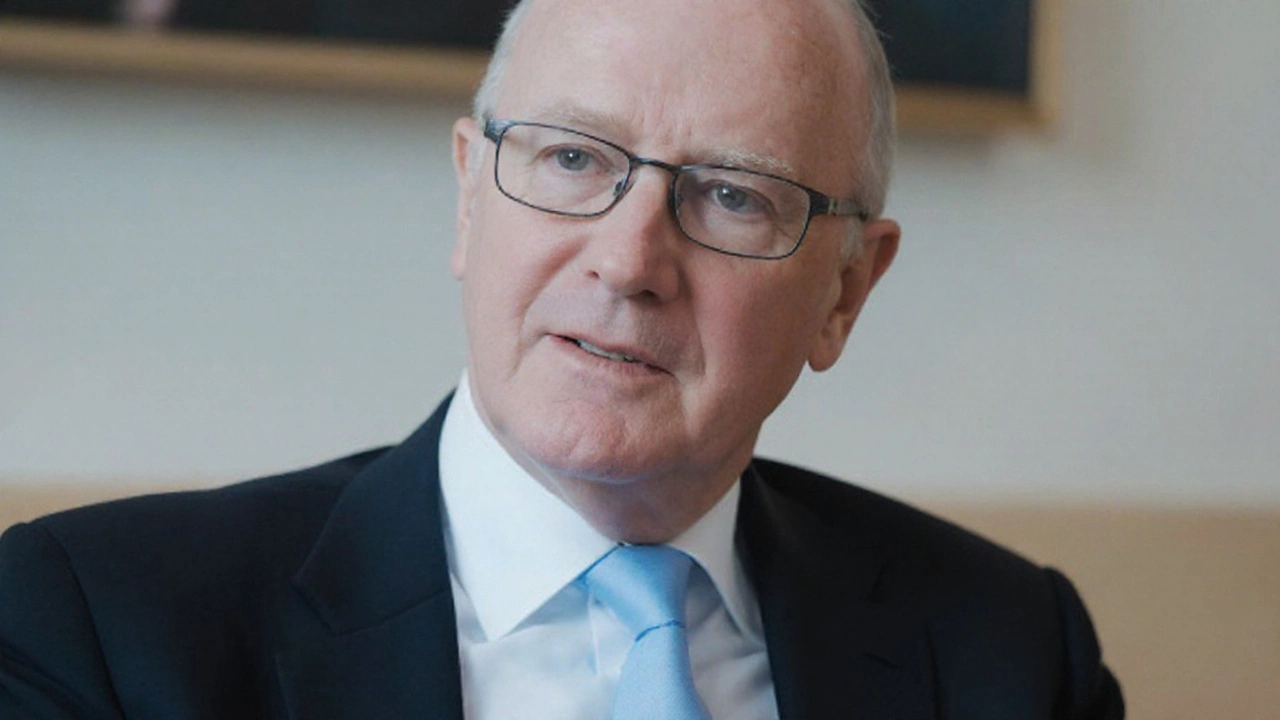Political Attacks – Understanding the Impact on Sports, Media and Society
When talking about political attacks, aggressive statements or accusations aimed at weakening an opponent’s reputation or policy position. Also known as political assaults, they often surface during elections, policy debates, and even in sports coverage where athletes become symbols of larger issues.
One key driver behind many political attacks is media bias, the tendency of news outlets to present information in a way that favors a particular viewpoint. When the media leans toward a side, it creates a fertile ground for attacks that feel justified, even if they stretch the truth. For example, speculation about David Weir’s move to Sussex sparked heated commentary in British sports media, showing how a simple rumor can be turned into a political‑style salvo.
Another major piece of the puzzle is campaign strategy, the planned tactics used by political actors to win support or discredit opponents. Campaign teams often weaponize political attacks to dominate news cycles. This is evident when Eurostar’s ambitious expansion plans faced political pushback; critics framed the project as a threat to national interests, turning a business development into a battlefield of political rhetoric.
Why understanding political attacks matters
Public perception plays a huge role in whether an attack succeeds. When audiences see an attack repeated across social media, podcasts, and TV shows, the narrative starts to feel like fact. The Netflix drama ‘Steve’, led by Cillian Murphy, generated buzz not just for its storytelling but also for the way critics linked its chaotic school setting to broader debates about education reform—a classic case of entertainment influencing political perception.
Legal consequences are the final piece of the triangle. While many attacks stay in the realm of opinion, some cross the line into defamation or hate speech, prompting lawsuits or regulatory action. The fallout from a false claim about an athlete’s alleged political affiliation can lead to costly legal battles, showing that political attacks aren’t just words—they can have real financial and reputational stakes.
All these elements—media bias, campaign strategy, public perception, and legal fallout—interact to shape the landscape of political attacks. They affect everything from how a football fan reads a story about NFL hotel choices to how a commuter hears about Eurostar’s new routes. By recognizing these connections, readers can better filter the noise and focus on the facts that matter.
Below you’ll find a curated collection of articles that illustrate these dynamics in action. From sport‑related controversies to entertainment headlines, each piece offers a glimpse into how political attacks surface across different arenas. Explore the range, see the patterns, and gain a clearer picture of the forces at play before you dive deeper into each story.
Menzies Campbell brands SNP's attacks on Charles Kennedy as despicable
Former Liberal Democrat leader Menzies Campbell has slammed the Scottish National Party for what he calls a "despicable" campaign targeting the late Charles Kennedy. Campbell holds the SNP’s Westminster leadership responsible for the attacks that came shortly after Kennedy lost his seat and died in 2015. He defends Kennedy’s legacy despite a complicated personal history. The row revives old tensions between the Liberal Democrats and the SNP. Campbell’s comments echo broader criticism of political conduct in the wake of personal tragedy.
Read More
